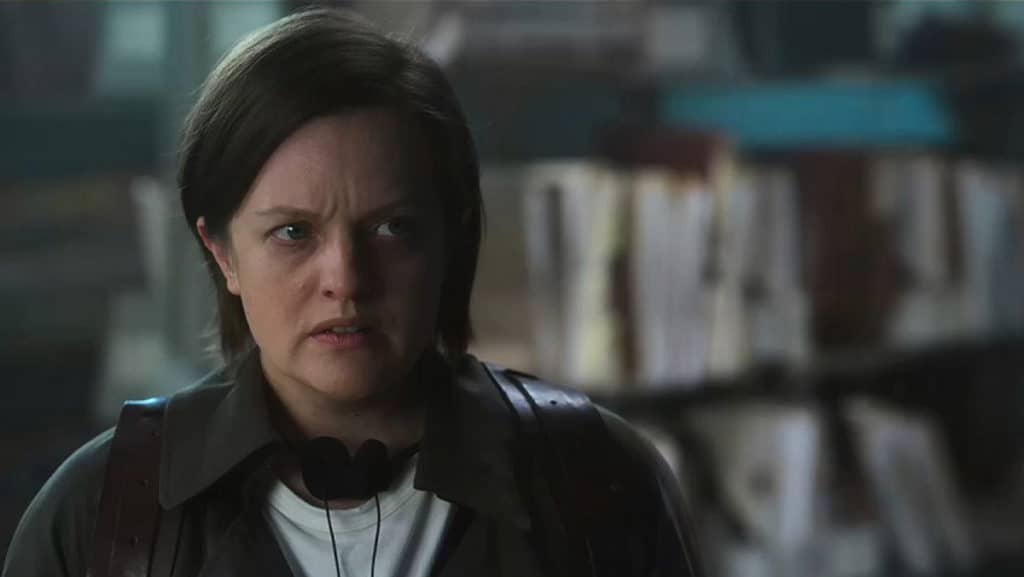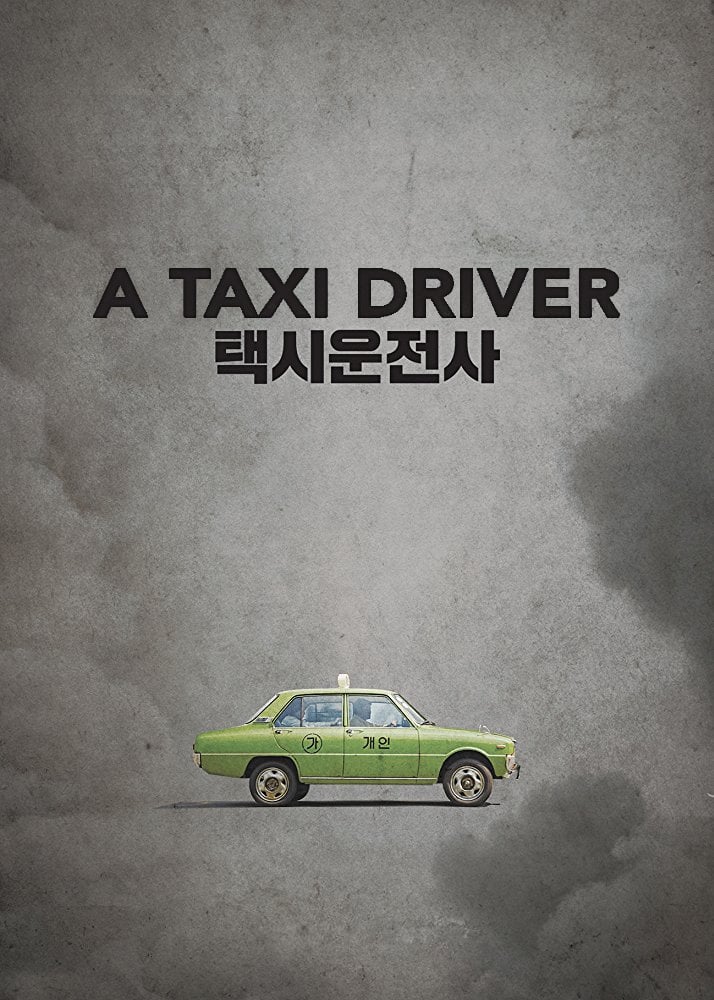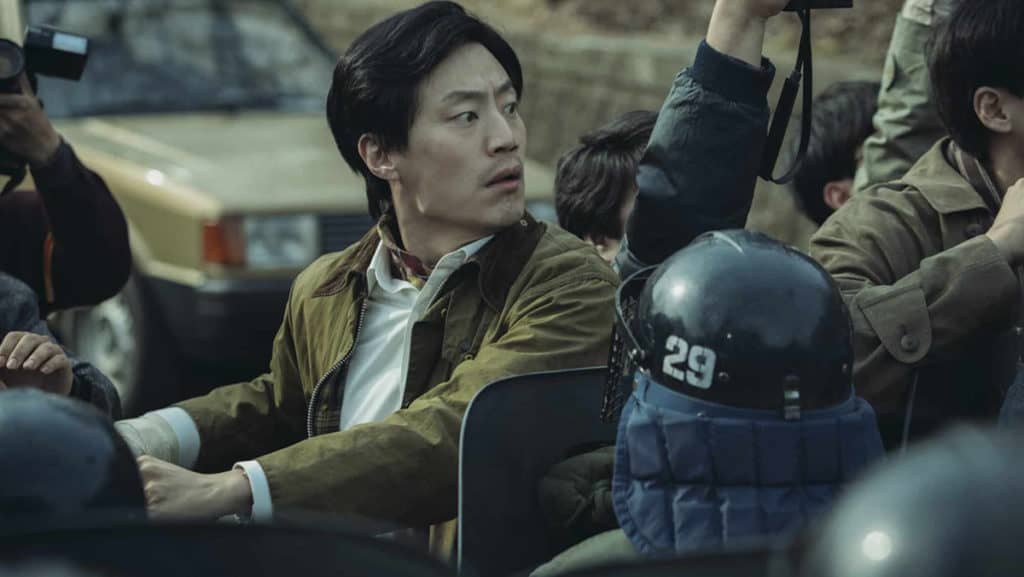In October 1979, South Korea’s autocratic leader, Park Chung-hee, was assassinated. His death initially ignited hopes for a democratic transition, yet it ultimately ushered in a decade of turbulence and violence. After the assassination, Choi Kyu-ha briefly served as interim president, but was swiftly overthrown by a military coup led by Chun Doo-hwan. By 1981, Chun formally took office and ruled until 1988, maintaining power through authoritarian repression. His rule was marked by brutal suppression of dissent and widespread human rights abuses.
In defiance of escalating authoritarianism, students and young citizens took to the streets in mass protest. A massive wave of demonstrations erupted on May 15, 1980, as over 100,000 students and civilians gathered in front of Seoul Station. The protests quickly spread to other cities, even reaching Jeju Island, a region usually known for its political calm. Reports revealed that the protests led to university closures and widespread clashes. Yet nowhere witnessed as much violence and bloodshed as Gwangju. A major catalyst for the escalating unrest in Gwangju was the arrest of a prominent political figure from the city on May 15, 1980. Enraged by the brutal crackdown, students and citizens escalated their protests. On May 18, students at Chonnam National University clashed with the National Guard, leading to countless deaths and arrests.
Maintaining strong ties with Western nations, South Korea aimed to present itself as a champion of human rights. To uphold this image, the government sought to obscure the brutal suppression of protesters from international scrutiny. A Taxi Driver confronts this issue head-on, exposing the government’s attempts to bury this dark chapter from global awareness.
Widely regarded as one of South Korea’s most significant films, A Taxi Driver offers a profoundly human and emotionally charged depiction of one of the nation’s darkest chapters: the 1980 Gwangju Uprising. Director Jang Hoon masterfully intertwines social drama with historical narrative, crafting a gripping tale that underscores sacrifice, moral awakening, and human responsibility. Song Kang-ho, one of Korea’s most revered actors, delivers a tour-de-force performance as the taxi driver, bringing raw emotional depth and gripping realism that fully immerses the audience in his perilous journey. More than just a compelling narrative, A Taxi Driver serves as a poignant historical and political testament—laying bare the brutality of state repression, the resilience of protest movements, and the vital role of journalism in exposing the truth to the world
A Taxi Driver’s Journey to the Heart of Truth
A Taxi Driver is told through the eyes of Kim Man-seob, an ordinary Seoul taxi driver struggling to make ends meet. Consumed by his daily financial struggles, he unwittingly becomes part of history when he picks up a foreign passenger—Jürgen Hinzpeter, a German journalist determined to expose the brutal government crackdown on the people of Gwangju. Through opposition activists, Hinzpeter becomes aware of the brutal suppression of demonstrators and is determined to document the truth. Unaware of the city’s turmoil, Kim views the trip merely as a way to make money. Yet, as he delves deeper into the unfolding crisis, he is faced with a harrowing reality—one that changes him forever.
Kim Man-seob’s journey—from a disengaged, apolitical taxi driver to a man profoundly shaken by the injustice he witnesses—reflects the gradual awakening of ordinary citizens under oppression. Driven initially by financial necessity, he unwittingly finds himself thrust into history, ultimately transforming into a man who refuses to remain silent in the face of brutality. Kim represents a different kind of hero—not an invincible figure with extraordinary abilities, but an ordinary working-class man who, when confronted with a moment of truth, chooses courage over complacency.
Kim embodies the working class—so weighed down by economic hardship that he has little time or energy to engage with broader political issues. In contrast, Jürgen Hinzpeter personifies the dedicated journalist—one who views exposing the truth as a moral obligation. This contrast underscores the divide between those struggling for daily survival and those who actively seek to expose systemic oppression. However, as Kim witnesses the ruthless brutality of the regime firsthand, his passive detachment is replaced by an overwhelming sense of moral responsibility. His journey mirrors the path many take when confronting authoritarianism—a transformation from ignorance to awareness, and ultimately, to defiance.
Renowned for his ability to imbue characters with depth and complexity, Song Kang-ho delivers a masterful performance as Kim. He portrays Kim’s emotional evolution with striking authenticity, making his transformation not just believable, but deeply moving. Initially, Kim is just an ordinary taxi driver with no political inclinations, but through his perilous journey, he transforms into a man willing to risk everything—not only to save his passenger, but to make sure the world knows the truth. Song’s nuanced performance immerses the audience in Kim’s internal struggle, making A Taxi Driver an unforgettable cinematic experience.
An Unfiltered Portrayal of History
Jang Hoon presents a harrowing and powerful portrayal of the Gwangju Uprising in A Taxi Driver, depicting its brutal reality with unflinching realism, free of exaggeration. The raw depiction of military violence and the sheer terror of ordinary citizens, standing defiant against bullets with desperate courage, cements this film as one of the most powerful political works in Korean cinema. The gripping chase sequences, relentless gunfire, and harrowing street massacres generate an atmosphere of unyielding tension, anchoring the historical backdrop in stark, visceral realism. Jang Hoon masterfully utilizes close-up shots to capture the raw emotional turmoil of his characters, while sweeping wide shots of Gwangju drenched in blood create a hauntingly immersive cinematic experience. The film’s score deepens its emotional resonance, intertwining soft, melancholic melodies with surges of overwhelming tension to underscore the profound human cost of the tragedy.
When confronted with popular uprisings, oppressive regimes prioritize suppression and censorship above all. Tight control over information is among their most effective tools for preserving power. The South Korean government embraced this strategy, enforcing stringent media restrictions to manipulate the narrative surrounding the protests. Censorship was both systematic and pervasive—domestic journalists faced immense pressure, independent reports were erased, and state-controlled media exclusively framed the protests as isolated disturbances.
Amidst such repression, independent and foreign journalism emerges as an indispensable force. The presence of a foreign reporter in A Taxi Driver powerfully underscores the indispensable role of a free press in challenging dictatorship. The film illustrates that in societies where freedom of speech is silenced, only independent media can bring the truth to the world. Authoritarian regimes recognize the threat of an unfiltered reality reaching the public, which is why they systematically dismantle independent news sources, imprison journalists, and propagate state-controlled narratives. The film delivers a stark and uncompromising message: in a world where censorship and misinformation fuel oppression, exposing the truth—no matter the cost—is the only path to resisting tyranny. The struggle against censorship is not merely a journalistic pursuit; it is a relentless battle to preserve freedom of expression and protect historical truth from erasure.
The May 18 Gwangju Uprising had a lasting impact on South Korean society, shaping the nation’s political consciousness and inspiring future protest movements. This pivotal event has been deeply ingrained in Korean literature, cinema, and music. Renowned author Han Kang, best known for The Vegetarian, vividly depicts the chaos and brutality of the uprising in her novel Human Acts, crafting a deeply personal tribute to the people of Gwangju. As a native of Gwangju, Han Kang’s work serves as a literary testament to the sacrifices of its citizens. Korean cinema has repeatedly revisited the uprising, with A Taxi Driver and May 18 standing out as some of the most poignant films to authentically capture the turmoil and resilience of that era.
A Political and Eye-Opening Masterpiece
Like many great political films, A Taxi Driver relies on drama as its primary mode of storytelling. It first reconstructs reality, then delivers its message—excelling masterfully in both. The film stands as a powerful safeguard against collective amnesia, ensuring that younger generations in South Korea grasp the arduous path their country took toward democracy and remain vigilant against the ever-present threat of dictatorship. A Taxi Driver is more than just a historical reenactment; it is a politically charged and eye-opening work that highlights the role of ordinary people in driving social change. It powerfully demonstrates that even those who seem small and powerless, once awakened to the truth, can rise against oppression. In this sense, the film is more than just a tribute to the Gwangju Uprising—it is a universal call to resistance, a rallying cry for the defense of freedom and truth.
Emotionally gripping and profoundly moving, A Taxi Driver immerses its audience in one of the most defining moments of modern South Korean history through its human-centered narrative, stellar performances, and masterful direction. The film underscores the power of individual conscience and courage, proving that even amidst brutal suppression, the pursuit of truth is an unstoppable force. More than just a historical retelling, A Taxi Driver delivers a globally resonant depiction of political repression and the transformative power of media.
In a world where authoritarian regimes manipulate narratives and enforce manufactured realities, the film stands as a powerful testament to the irreplaceable role of truth-telling and the relentless fight against censorship.





